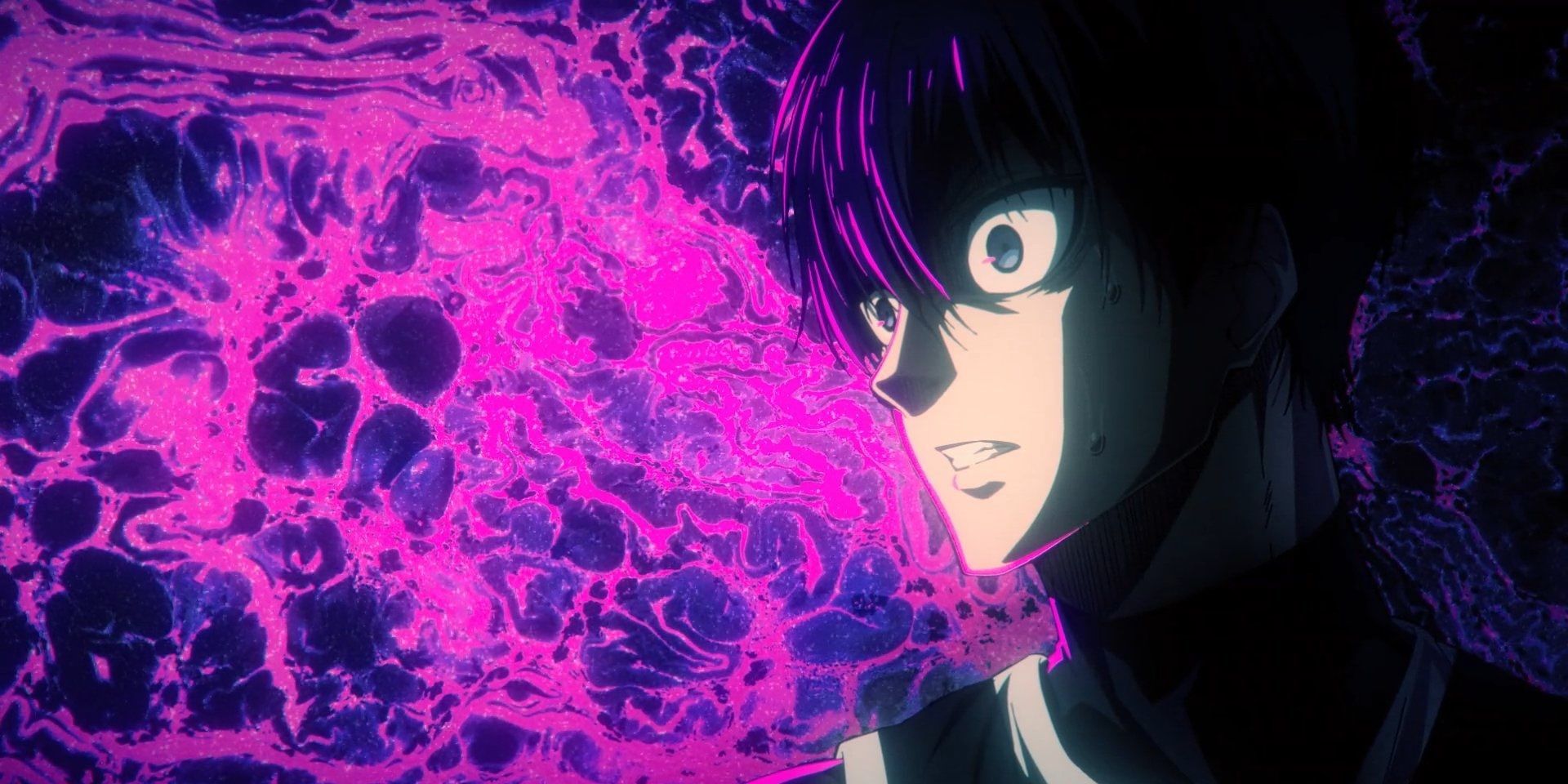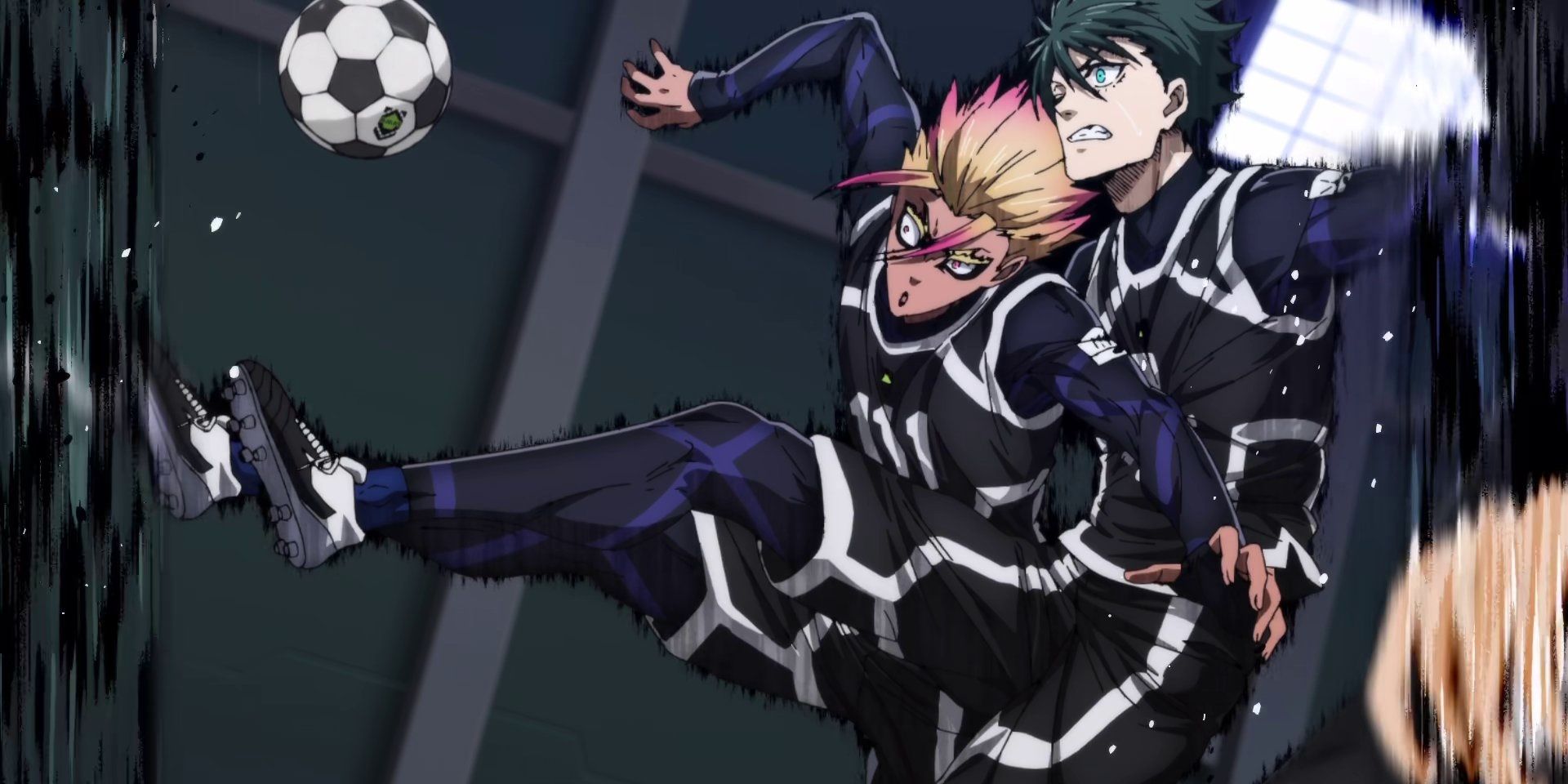
The first season of Blue Lock captured fans' attention and hearts with its unique take on sports anime, combining intense competition with a psychological twist. Setting aside typical teamwork tropesit focused on individual abilities, ambition and ego. Audiences watched protagonist Yoichi Isagi and his fellow attackers compete in a high-stakes training camp, developing not only their physical athleticism but also their sense of self-sufficiency. This bold story helped define Blue Lock in addition to its counterparts in the sports genre, and many fans were eager to see where the second season would take this story.
Unfortunately, the second season of Blue Lock is missing the mark, more than just the "bad" animation that monopolizes fan discourse, by doubling down on elements that could diminish the series' appeal. While the first season found a balance between individuality and teamwork, season 2 seems to have completely abandoned this sense of cooperationemphasizing the ego to such an extent that it risks alienating the audience. This is resulting in a move away from the heart of the sports genre, potentially sacrificing the emotional investment that fans formed with the characters in the first season.
Ego is the center of attention in Blue Lock season 2
An overdose of ego harms the series
In the world of Blue Lockego has always been a major theme, leading strikers to embrace their selfish sides in order to succeed. But the second season goes even further framing the ego as the only path to greatness. While the first season suggested the need for a delicate balance between selfish ambition and collaboration, the final season now seems to treat ego as an absolute. Players' quest for individual glory has increased, ruling out the potential for any meaningful partnerships. Fans who were drawn to the idea of characters growing together as a team (despite knowing it wouldn't last forever) may find this new direction less appealing.
The heightened focus on ego moves the story from a sports anime with psychological depth to something more akin to an energy-powered battle anime. While this change may please some viewers, it undermines the basis of what made Blue Lock season 1 special first. When each player is uniquely driven by their ambitions and goals, it becomes more difficult for the story to explore character growth and relationships, though not impossible, as shown by Additional blue block time final scenes. Instead, the focus on personal triumph may cause viewers to miss the emotional depth that came from the first season's characters learning to trust each other, even during their fierce rivalry.
Blue Lock moves further away from teamwork
Where did the team dynamic go?
In its attempt to push the characters' egos to center stage, Blue Lock Season 2 largely discards the subtle teamwork that added complexity to Season 1. Initially, characters like Isagi and Team Z were motivated by their own goals, but were still forced to form temporary alliances to survive the brutal football training camp. This created a unique dynamic because viewers were able to watch the struggle between the characters' personal ambitions and the need for cooperation. Now, with all the characters pursuing their own goals without any obligation to work together, much of the interpersonal tension is lost.
This can also be seen through the relationship between Nagi and Reo. They started out as good friends in the first season and now, through the side movie BLUE LOCK THE MOVIE: NAGI EPISODE and in season 2, they broke up. Reo, still yearning for a relationship with Nagi, is trying to catch up, but they are both mainly focused on their egos.
This lack of teamwork not only changes the tone of the series, but also slows down the development of the character that fans have come to love. Watching Isagi and her companions learn to compete and cooperate added layers to their personalities and grounded the show's themes. In Season 2, however, the loss of these interactions makes the characters seem one-dimensional and makes the audience less invested in them.
Blue Lock is in danger of losing its core appeal
Losing the Heart of Sports Anime Forever
By moving further away from its sports anime roots, Blue Lock season two risks losing the genre appeal that made it popular with fans. Lovers of sports anime are drawn to the genre not just for the action, but also for the emotional arcs of the characters who learn how to balance competition and camaraderie. In season 2, Blue Lock it feels less like a sports anime and more like a battle anime centered around individual power. While this might make it a more intense watch, it's very different from what sports anime fans typically look for.
Blue Lock Season 2's choice to focus on ego over teamwork is a big difference from Season 1 and it may not sit well with fans. While the series' unique individuality angle initially sets it apart, the extreme focus on self-centered ambition risks alienating viewers who were drawn to the balance between competition and teamwork in the first season. anime, Blue Lock could lose much of its audience, leaving fans questioning whether the series has strayed too far from its roots.
